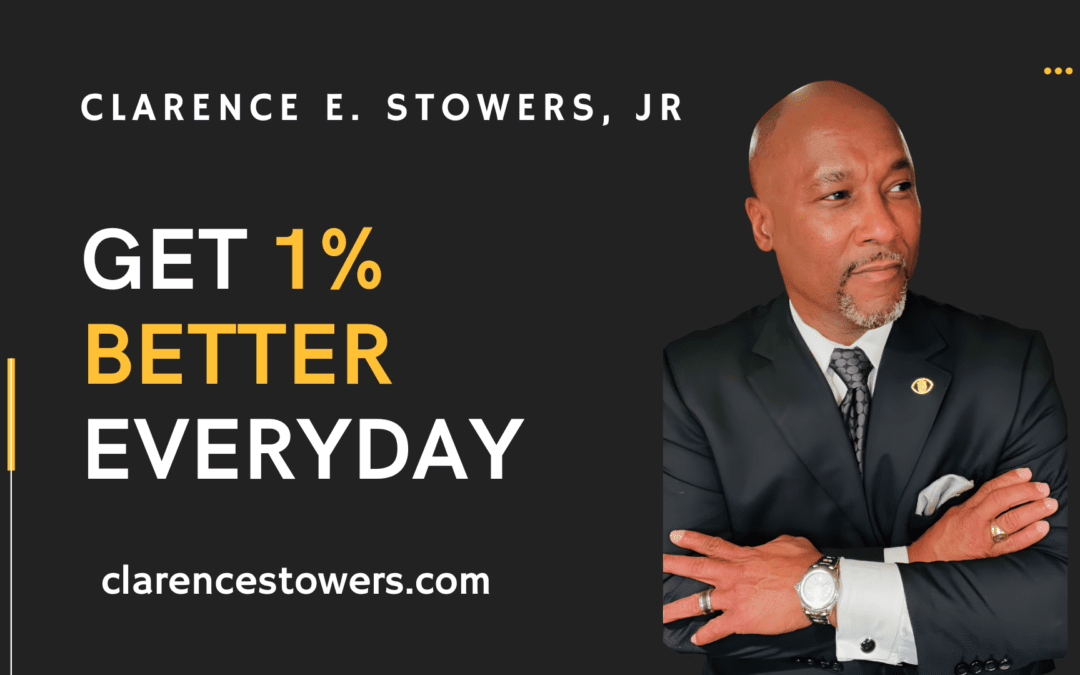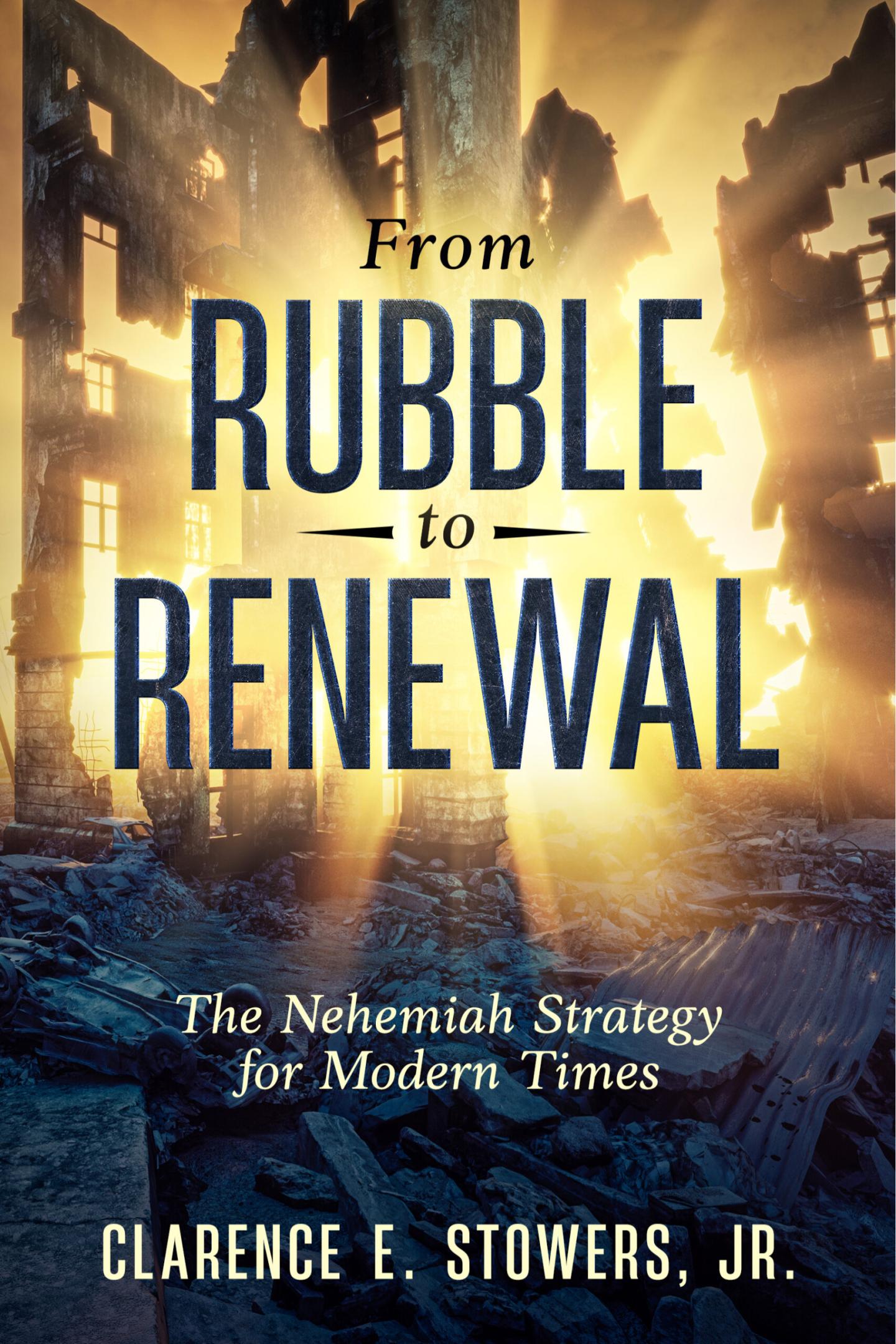I’ll admit, as a leader it’s quite easy to get caught up with a vision.
It’s natural because as leader’s we’re encouraged to look out for opportunities and then take the lead in making things happen. But sometimes we find ourselves alone out front and wonder what happened to the people we’re leading? Why aren’t they with us?
Do You Like To Fish?
Take a scenario of a group of people going fishing on a lake. Typical leaders get the vision, jump in the boat and are off to fish straight away. But the rest of the group may take a different approach. As the leaders look back, they find that half the people are still on the river bank.
Some are still prepping their fishing gear. Some are just starting to launch their boats. Others are on the water but are heading in the opposite direction. Some are going in circles, and still others haven’t yet even decided if they feel like fishing after all. That’s when you realize that only leading from the front doesn’t always help facilitate the transition.
John Maxwell in his book Winning with People admits that patience is not one his strengths. He says:
When I was younger I constantly cast vision for the people in my organization and then left them behind – not a good thing for a leader.
In the past sixteen years, Mars Hill experienced many changes. But as exciting as that vision of building was, we know now that during the process we left some people behind. There were parts of the process whereas leaders we simply dropped the ball. Here are three humbling lessons learned:
Buildings Are Significant and Hold Many Memories
Mars Hill has been part of the community for thirty-seven years. Families have celebrated many memorable weddings. Parents have introduced their children to the church and sat Sunday after Sunday in the pews together. Others have said goodbye to loved ones and those last few words in that place were significant.
People have heard from God in their way through listening to a particular sermon or whispering a quiet prayer. And all of that happened in a place that now looks completely different. Walking through the front door no longer triggers those memories.
Memories hold significance and give people a sense of belonging. So when everything looks so different, it’s easy to understand how the memories maybe won’t seem quite as real, and people feel left out. One of the ways in which we as leaders dropped the ball is that we didn’t take the time to understand the significance of these memories and that for some the transition would be a little more difficult.
[shareable]Memories hold significance and give people a sense of belonging. [/shareable]
Change Happens Quickly – Transition Follows Slowly
We also assumed that most people would be able to accept the changes as easily as we did. We were only looking ahead of us; we weren’t looking around. What we didn’t realize is that while change happens instantly, transition follows more slowly.
Different personalities adapt to change in different ways and in their own time. For most people, change is difficult and for others it’s plain scary. As leaders, we should have invested more in individual relationships to help people understand and accept the transition.
To go back to the lake fishing example mentioned earlier:
If the leaders had stayed on the shore instead of going ahead in their boat, they could have helped and encouraged those that were uncertain about going fishing. Sometimes there is more serving involved in leadership than leading.
[shareable]Different personalities adapt to change in different ways and in their own time.[/shareable]
Casting Vision Requires Careful Communication
In Genesis, the story of Joseph as a young boy tells of how God gave him visions and dreams of being a great leader. Joseph related his dreams to his brothers directly, and this angered them. As a result, they sold him off as a slave. We know that as the story unfolds that the visions came true, yet at the moment the brothers couldn’t understand how that might ever come to be.
As leaders at Mars Hill, we had our vision fixed firmly on the future, and in the process we overlooked how some people may feel about the changes that were taking place. The leaders could have taken more time to share and communicate more details of the vision and how it would affect and involve individuals. This may have helped people accept the changes more quickly.
As we move forward in this transition phase at Mars Hill, the leaders are committed to building relationships with people. Specifically where people feel that they have been excluded or left behind, we want to rebuild those bridges and include you in our community once again. There is so much for everyone to learn through this transition.
[shareable]Casting vision requires careful communication.[/shareable]
What have you discovered about change and transition?




